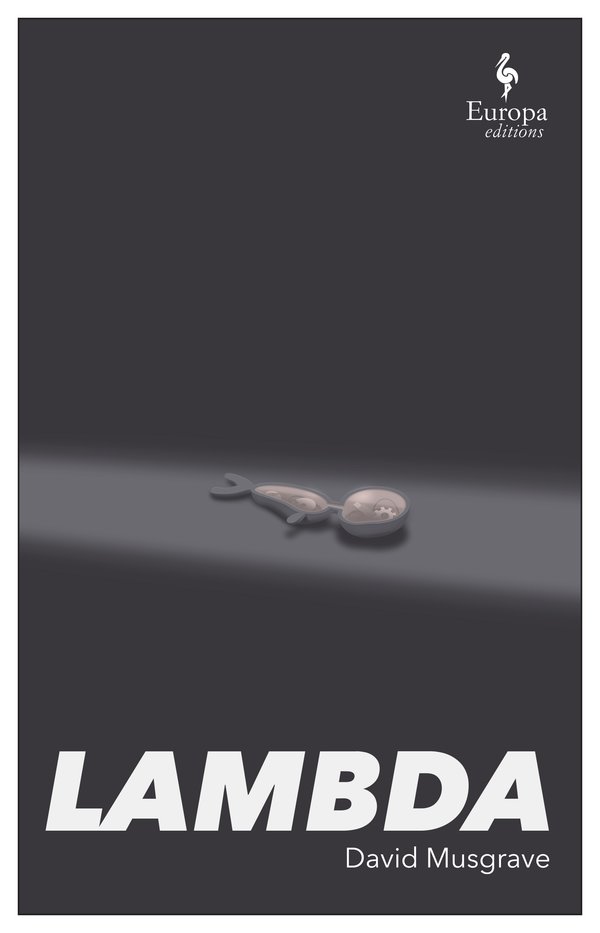What do you think?
Rate this book


372 pages, ebook
First published January 1, 2022
'Dreamed again that I was a lambda. I landed at Portsmouth and hauled my tiny body up a rubble-strewn beach through dirty orange buoys. Feel of large pebbles on my stomach. Ears were full of Channel water + I could taste the chemical plumes I’d swum through. A land-human lifted me into a bucket—remember massive brightness + unknown colours. Then I lived in a place that could have been Surrey. Other lambda faces moved in and out of focus, importunate + sad. I began to speak but it didn’t mean anything at first, it was just a way to say to myself ‘I can speak!’ I dreamed the inside of 17 Cherry Tree Grove, the tiny airspace in Gavin’s shared bedroom, clustered with my family at a vent whose mesh had been removed so that we could all gulp air, much too close together, at a little square of waterline. Awoke (cruelly, inevitably) as my land-human self.'
'These urns, you must understand, were not decorative items. They were, in a very concrete sense, cohabitants of the apartment. I attributed to each a degree of personality, an attribution that I believe went beyond standard anthropomorphism. These items had, after all, contained actual human remains. Human corpses might have curled inside rather the way developing birds do, just before they hatch from their eggs. At times I could appreciate quite directly how the body of a small adult or a child would have been compacted in each urn, and this ghost inhabitant felt intensely present to me. At times it was possible for me almost to imagine conversations with them, although the great gulf of time that separated our experiences meant that it was extremely hard to imagine much beyond some basic pleasantries.'
'Cara’s train was a British Rail Class 457; it was fast to Portsmouth Harbour after eleven station stops. She had just begun reading The Eye when there was an unscheduled halt three minutes out of Waterloo. ‘PolyWay regrets your delay,’ the train said. ‘A sympatech has been called.’ After 134 seconds of stasis, Cara took out her phone. Was it the way the sunlight caught the side of a building that triggered an awkward recollection for the train? she wrote. Was it remembering a human suicide? Must happen sometimes.'
'Yes, I do mean real transmigration. I prefer to call it metempsychosis. Both words have unfortunate religious associations, but that can work in our favour from a marketing perspective. So, are you in?'
'Of course I realise now that these feelings were entirely the result of hormonal manipulations that were a planned stage of my construction. The laboratory was not the scene of infinite cosmic revelations, but a well-funded research facility whose projects were underwritten by large government grants. My relations with the laboratory doctors were in reality fully reciprocal, since they were required to ensure I was a successful project in order to maintain the laboratory’s income. I was simply the beneficiary of the attentions necessary to accomplish this. To talk about my or their superiority in terms of ability, potential, action or intrinsic value would have been to misconstrue the delicate web of interrelations that meant I, they and the laboratory existed at all. Yes, this kind of broad perception is much easier to establish in retrospect, after long habituation to the facts of one’s existence. My superiority to or separation from the situations I inhabit is very hard to defend in any objective way. No, it makes much more sense to think of myself as a state tool with an unusual margin for autonomy, don’t you think?'